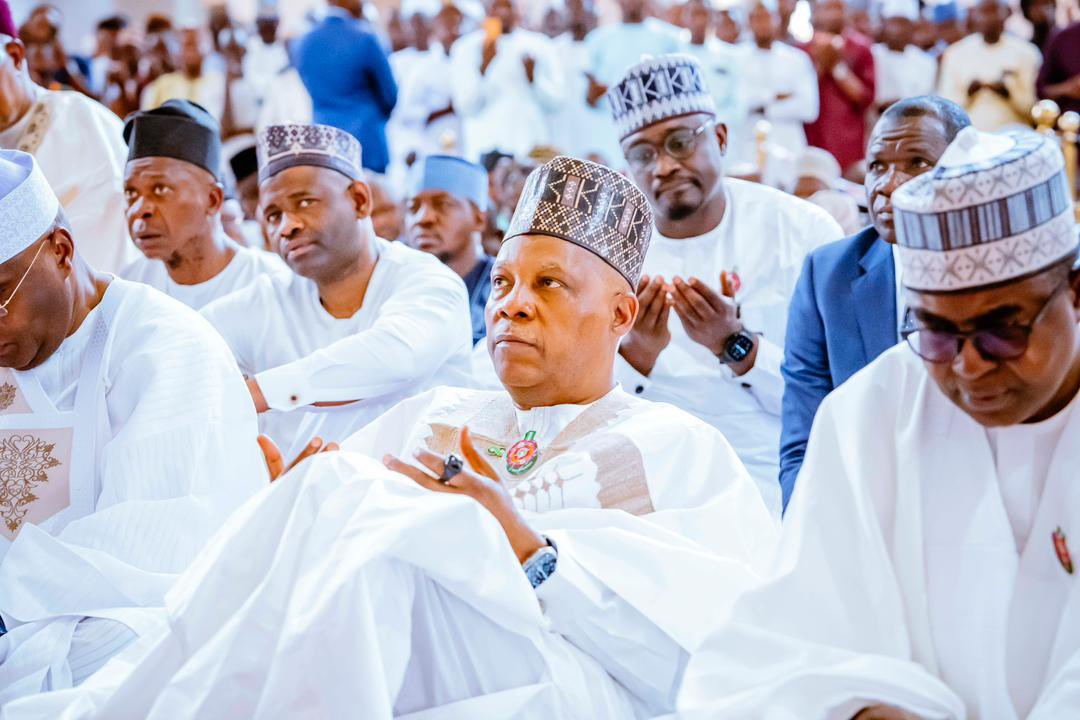
Socio-Economic Rights and Accountability Project (SERAP) has urged the Senate President, Godswill Akpabio, and Speaker of the House of Representatives, Tajudeen Abbas, to urgently assess the human rights’ impacts of Nigeria’s reform bills currently being discussed by the National Assembly, including Nigerians living in poverty.
According to SERAP any discussion and consideration of the tax reform bills must ensure full compliance with the provisions of the Nigerian Constitution 1999 (as amended) and the country’s international human rights obligations and commitments.
In the letter at the weekend, signed by SERAP’s Deputy Director, Kolawole Oluwadare, the organisation stated that the assessments should be transparent, include public participation and shape the provisions and measures that are ultimately passed. The outcome of any such assessments should be widely published.
SERAP urged Akpabio, and Abbas to pass a resolution directing the Attorney General of the Federation and Minister of Justice, Mr Lateef Fagbemi (SAN), to hold Nigeria’s state governors to account on their spending of trillions of naira of revenue derived from taxes, including VATs collected by their states since 2015 and to ensure the recovery of any proceeds of corruption.
The body also urged NASS to ensure the inclusion in the tax reform bills of transparency and accountability mechanisms to ensure that any revenue derived from taxes covered under the bills were not mismanaged, diverted or pocketed by politicians, their family members and close associates.
SERAP noted that Nigerian authorities had the discretion to develop laws on taxation most appropriate to their circumstances.
“The Nigerian Constitution 1999 (as amended) and human rights and anticorruption treaties to which the country is a state party impose limits on the discretion of the authorities in the development of any such laws.
“Our preliminary review of the provisions of the tax reform bills shows that the bills contain some provisions that are antithetical to human rights and the rule of law,” SERAP said.
The organisation lamented that some provisions of the tax bills lacked mechanisms for effective oversight and accountability, as required by the rule of law in a democratic society, thereby increasing the risks of abuse of power or arbitrariness.
The organisation said: “The provisions could be misused to violate Nigerians’ right to property and fair hearing. The tax bills also do not seem to contain provisions for a fair balance between the authorities’ powers to collect taxes and the requirements of the protection of the individual’s fundamental rights.
“The absence of provisions in the tax bills on meaningful judicial oversight and review and accountability procedures would also undermine the rights of Nigerians to privacy and disproportionately affect disadvantaged and marginalised individuals and groups.”
SERAP notes that the tax reform bills, if properly aligned with human rights standards, would enhance the ability of the Federal Government, states and local governments to fulfill their human rights obligations and adequately fund public services essential for human rights.
SERAP also urged NASS to revise and repeal some provisions of the bills, particularly the Tax Administration bill.
The organisation also urged NASS to include provisions in the tax reform bills that would ensure that Nigerians have access to all relevant data and information on fiscal policy and government revenues, including from the corporate sector.






